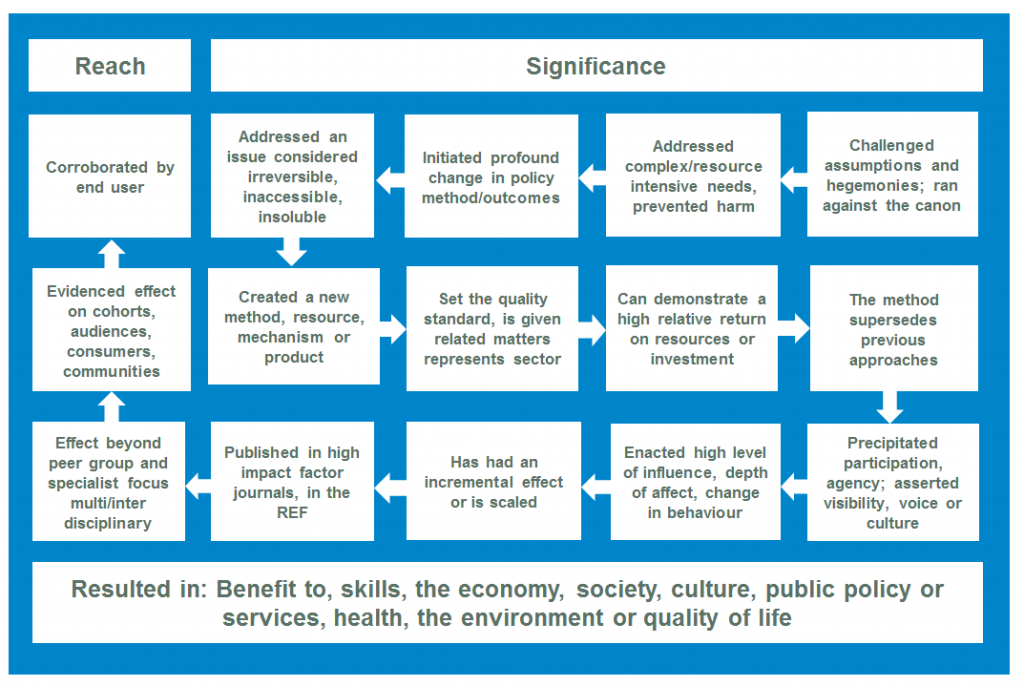Matthew Woollard at LSE Impact Blog: “…Data made available for reuse, such as those in the UK Data Service collection have huge potential. They can unlock new discoveries in research, provide evidence for policy decisions and help promote core data skills in the next generation of researchers. By being part of a single infrastructure, data owners and data creators can work together with the UK Data Service – rather than duplicating efforts – to engage with the people who can drive the impact of their research further to provide real benefit to society. As a service we are also identifying new ways to understand and promote our impact, and our Impact Fellow and Director of Impact and Communications, Victoria Moody, is focusing on raising the visibility of the UK Data Service holdings and developing and promoting the use and impact of the data and resources in policy-relevant research, especially to new audiences such as policymakers, government sectors, charities, the private sector and the media…..
We are improving how we demonstrate the impact of both the Service and the data which we hold, by focusing on generating more and more authentic user corroboration. Our emphasis is on drawing together evidence about the reach and significance of the impact of our data and resources, and of the Service as a whole through our infrastructure and expertise. Headline impact indicators through which we will better understand our impact cover a range of areas (outlined above) where the Service brings efficiency to data access and re-use, benefit to its users and a financial and social return on investment.
We are working to understand more about how Service data contributes to impact by tracking the use of Service data in a range of initiatives focused on developing impact from research and by developing our insight into usage of our data by our users. Data in the collection have featured in a range of impact case studies in the Research Excellence Framework 2014. We are also developing a focus on understanding the specific beneficial effect, rather than simply that data were used in an output, that is – as it appears in policy, debate or the evidential process (although important). Early thoughts in developing this process are where (ideally) cited data can be tracked through the specific beneficial outcome and on to an evidenced effect, corroborated by the end user.
Our impact case studies demonstrate how the data have supported research which has led to policy change in a range of areas including; the development of mathematical models for Practice based Commissioning budgets for adult mental health in the UK and informing public policy on obesity; both using the Health Survey for England. Service data have also informed the development of impact around understanding public attitudes towards the police and other legal institutions using the Crime Survey for England and Wales and research to support the development of the national minimum wage using the Labour Force Survey. The cutting-edge new Demos Integration Hub maps the changing face of Britain’s diversity, revealing a mixed picture in the integration and upward mobility of ethnic minority communities and uses 2011 Census aggregate data (England and Wales) and Understanding Society….(More)”

